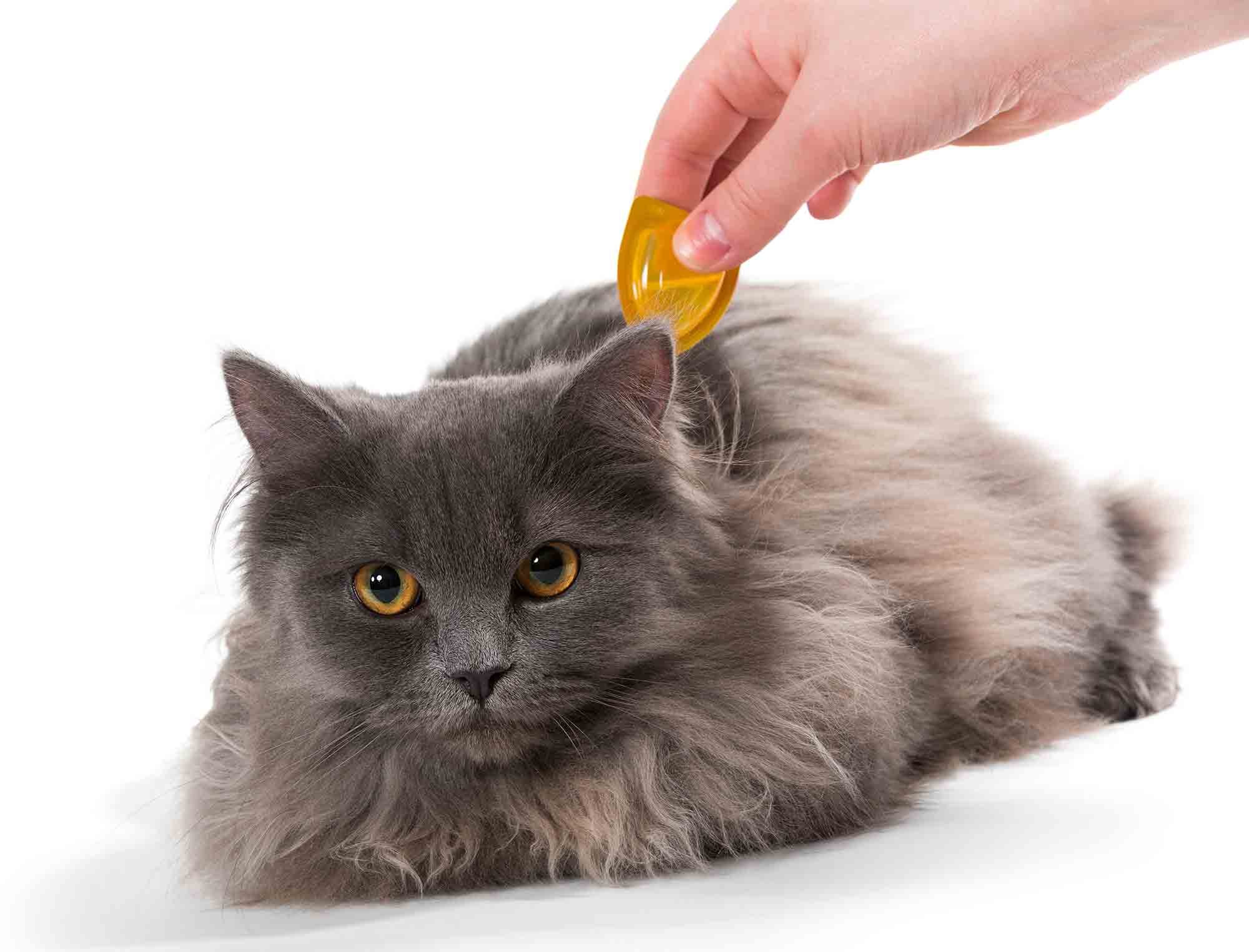The Heart of the Matter: Heartworm in Cats Can Happen
 If you are a dog owner, chances are good that you know about heartworm disease. Chances are also good that you give your dog a monthly heartworm preventive, and that your dog is tested annually to make sure they are heartworm free. However, you may not know that your cat is also at risk.
If you are a dog owner, chances are good that you know about heartworm disease. Chances are also good that you give your dog a monthly heartworm preventive, and that your dog is tested annually to make sure they are heartworm free. However, you may not know that your cat is also at risk.
Although the chances of your cat contracting heartworm is less than it is for your dog, it has been reported that cats in all 50 states are infected with heartworm. In fact, it has also been reported that 10-14% of all shelter cats are infected with heartworm.
As we become more aware of the prevalence of heartworm disease in cats, Oakland Veterinary Referral Services will take the opportunity to discuss the causes, signs, and prevention of heartworm disease in our feline friends.
Heartworm in Cats: The Basics
Heartworm in cats is spread, just as it is in dogs, by mosquitoes. A mosquito transmits the heartworm to a cat after it has bitten an infected dog (or cat), so heartworm cases in cats are directly related to the number of infected dogs in the area. It is important to note that coyotes and foxes are also carriers of the disease, and living amid these wild animals could increase the chances of your cat contracting heartworm.
When your cat is bitten by an infected mosquito, the heartworm larvae enter the bloodstream and migrate to the heart or blood vessels of the lungs. Once there, these foot-long worms wreak havoc on your cat’s heart, lungs, vessels, and other organs. This process takes several months, which makes diagnosis difficult.
Signs of Heartworm Disease in Cats
Cats may be asymptomatic, or they may have severe signs of the disease. Common symptoms include:
- Wheezing
- Coughing
- Vomiting
- Weight loss
- Difficulty breathing
Diagnosis and Treatment
Although respiratory signs in cats are the most common way veterinarians come to suspect heartworm disease, a diagnosis can be tricky. There are fewer worms infecting cats than in dogs; while a dog may have up to 30 adult worms, cats usually have maybe one or two.
Blood tests, x-rays of the chest, and cardiac ultrasound or echocardiogram may all be needed to confirm a diagnosis.
At present, there is no approved drug for eliminating heartworm in cats. When heartworm diagnosed, there are two options:
Treat – The drug that is used for treating dogs can be used, but it causes significant side effects in cats. When the adult heartworms die during this treatment, they pass to the lungs, where the reaction to the dead and dying worms can cause sudden death in the cat.
Treat the symptoms – Your veterinarian may choose to manage the problems that result from heartworm disease rather than treating it. Your veterinarian can treat wheezing with corticosteroids, and your cat may periodically need aggressive treatment, including hospitalization, bronchodilators, and oxygen therapy if there is a respiratory emergency.
Adult heartworms live for 2 to 3 years in the cat (as opposed to 6 or 7 in dogs). During this time, the risk of an acute attack and even sudden death is always a possibility. In this situation, the best hope is that the cat outlives the worms, which is not an ideal situation.
The Good News: Prevention
Because both treating and not treating heartworm can cause death in cats, prevention is truly the best way to manage this problem. Your veterinarian can prescribe an effective and safe monthly preventive.
It’s important to note that dogs and cats have different heartworm medication, so it’s not appropriate to share preventives between them. Check with us for recommendations.
We hope we’ve given you the basics of the scary but preventable problem of heartworm in cats. Please call us for more information, or if you have any additional questions about your pet’s health.


